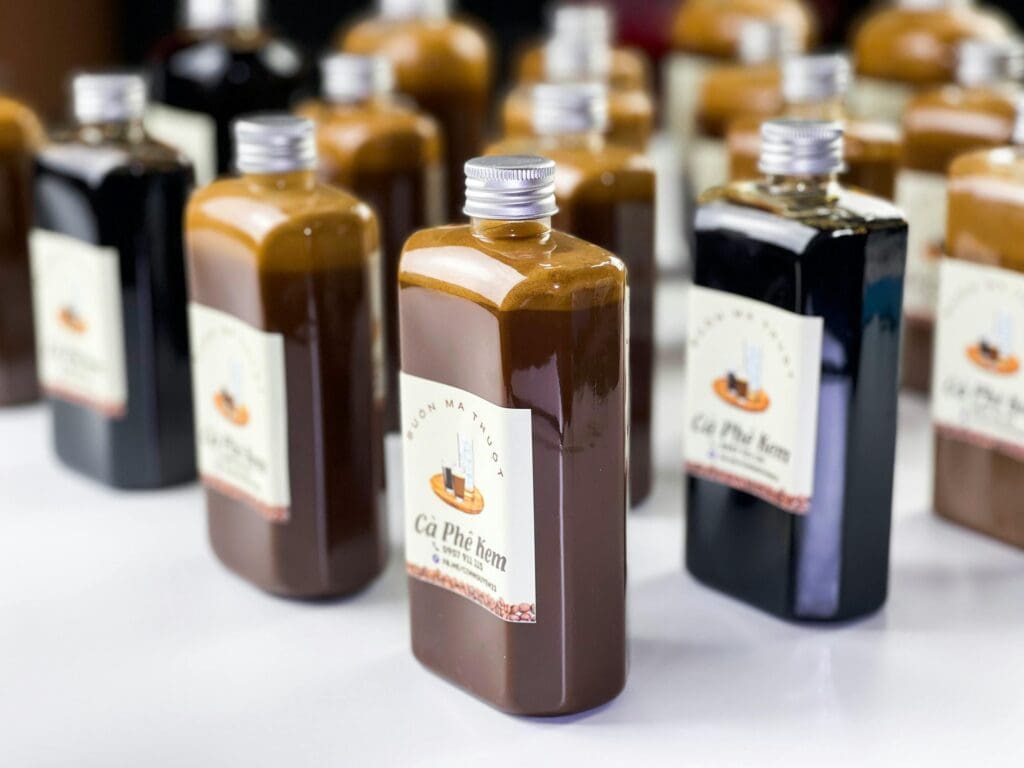Are You Missing Critical IP Protections for Your Startup?
Most of the founders that come up with business plans concentrate on the making of the products and the selling through marketing, but do not comprehend the danger of starting a business without sufficiently protecting its IP.

- Impact Hub Nairobi
- Grace M
There is no doubt that starting a new business is a thrilling undertaking, but at the same time, there are factors that are quite disheartening like, protecting all your creations, brands and products. Speaking of protecting your creations, one aspect which is often given little attention when building a successful startup is the protection of intellectual property (IP).
Most of the founders that come up with business plans concentrate on the making of the products and the selling through marketing, but do not comprehend the danger of starting a business without sufficiently protecting its IP. Otherwise, the business may suffer from loss of edge over competition, expensive litigations or worse, the failure of businesses.
Now the important question is what kinds of IP protection your business requires, if any, in order to not leave any gaping holes in protecting the intellectual assets of your startup company? Let’s take a look at the kinds of IP protection that can apply to various types of businesses and how you can go about making sure your startup does not run into any legal problems or issues.
Brand-Focused Businesses (Retail, E-commerce, Service Providers)

Brand-focused businesses range from a startup retail outlet, an e-commerce site, or a service provider though the last two bear more bite. In this case, such businesses are highly dependent on brand identity and customer loyalty. After all, the brand identity, company name, tagline, or even company logo is at risk of being copied by their rivals.
Key IP Protections:
Trademark: A trademark can be easily agreed as protection of such businesses’ trademarkable assets such as the business’ name, visual logos, or even slogans and taglines. Such assets are registered for the protection of sole branding and marketing. For instance, if a clothing manufacturer owns the brand name ‘Otaku Wear,’ it should seek to register it to prevent consumers and other fashion houses from using the name or any close variation.
Domain Name: The importance of having a domain name that corresponds with the business endorsement name cannot be overstated. It arms the business against domain squatters who would purchase likeness domain names and put a higher price for them.
If you’re not using trademarks to protect your brand assets, you’re leaving your business open to the risk of similarity or duplication in the world of commerce.
Creative Businesses (Graphic Design, Photography, Music, Writing)

For creative entrepreneurs like graphic designers, photographers, writers, and musicians, your work is your product. Whether it’s digital designs, photographs, articles, or music, these creations need to be safeguarded from theft or unauthorized use.
Key IP Protections:
Copyright: Copyright automatically protects original creative works, but registering it provides a stronger legal claim in case of disputes. If you’re a graphic designer, for instance, copyright protects your designs from being copied by others without your permission. Musicians can also protect their songs, albums, and other creative outputs under copyright law.
Licensing: Copyright holders can monetize their works by licensing them for use in various media (e.g., films, advertisements, or merchandise) while retaining ownership. Licensing agreements specify how, where, and for how long the work can be used.
If you’re not protecting your creative output with copyright and licensing agreements, you risk losing control of your creations and the revenue they generate.
Technology Startups (Software Development, SaaS, Mobile Apps)

For technology-driven startups, such as those in software development or SaaS (Software as a Service), intellectual property protection is paramount. The competitive tech landscape makes it crucial to protect not just your products, but also your innovative processes and technical know-how.
Key IP Protections:
Patent: Through patents, big companies are able to secure any technological breakthrough whether a new software algorithm, product or process. When an application is made to patent an idea, it means that other ideas cannot be reproduced and sold by another company without the inventor’s permission. An example is if an entrepreneur’s startup comes up with a game changing AI algorithm, there is the possibility of securing a patent thus ensuring ownership.
Copyright (Software): If patents deal with the function of an invention, then copyright deals with the software code of the invention. This means it is illegal for anyone to reproduce or pass out the code unless permitted.
Trade Secret: Every innovation or new product developed needs not to be patented. Some companies may opt to avail their strength in depth by keeping processes, algorithms or formulas as trade secrets. This means there is a need for confidentiality and non-disclosure agreements with employees/partners.
Patent and securing trade secrets go hand in hand. Failure to do that will make your tech startup miss out on the advantage the innovations bring.ents (NDAs) with employees and partners.
Manufacturing and Product Innovation Companies

Even if you are in product design or potentially in the manufacturing of products, IP management is crucial as it helps you maintain your competitive advantage.
Key IP Protections:
Utility Patent: protects the functional aspects of a product and explains how a new product uses a new process or is made. For example, if you invented a device used for cooking, a utility patent will make sure that your competitors are not able to copy the device’s purpose.
Design Patent: Whereas utility patents concern the way an object functions, design patents are concerned with how it looks. If your product has a specific shape or surface decoration that makes it stand out, a design patent will prevent others from producing similar looking products and/or artwork.
Without such patents, you may lose your market share since your competitors will be able to copy both the overall appearance and operational effectiveness of their creations.
Food & Beverage Industry (Restaurants, Food Products)

There are distinct requirements for food and self-owned beverage companies in relation to the strategies that aim at the protection of their products, recipes and the overall corporation identity.
Key IP Protections:
Trademark: It is prudent for owners of bars, food businesses and beverages to seek to protect their trademarks as they are crucial for their services. Engage your imagination to picture developing the name for a fast food restaurant if you had competition launching another similar name brand. Absence of applicable law would likely lead to that occurrence. All these can be averted through registration of a trademark.
Trade Secret: Recipes and formulas can often be protected as trade secrets, provided those recipes and formulas are obscured in one way or another. One of the best-known trade secrets is close to the recipe for Coca-Cola. This means that protecting private information can make you competitive.
As long as your restaurant or food business is not trademarking its products or its recipes, trade mark infringements are likely to occur which will erode the worth of the business brand.
Consulting and Professional Services (Legal, Financial, Marketing, Consulting Firms)

Like other businesses, in Consultancy or in professional services, there is also a distinctive quality in their offer which set them apart from other firms and this is referred to as proprietary knowledge.
Key IP Protections:
Trade Secret: Next to practices and Procedures, client information, and business model, tangible and intangible information related to the IP must also be safeguarded. Make sure you require staff and others to sign confidentiality agreements so that such information remains undisclosed to those for whom it is not intended.
Trademark: In developing law practice, the brand is of paramount importance. Such trademark is necessary because it protects a business when third parties are attempting to exploit its name and logo.
Exclusion of any type of ip such as trade secret or trademark shall cause a high probability risk of ip being leaked, outraged over a period of time, and the business being eclipsed by fake ones.
Final Thoughts
In every business, protection of intellectual property is vital and understanding the intricacies regarding legal safeguards helps prevent disputes which could inhibit growth. This is especially crucial for startups because what makes businesses unique are the ideas and creations and their branding, which can be protected by law.
When establishing themselves in the market, creating unique goods, or simply providing services, it is essential to have the proper IP protections in place. Take the time to evaluate your startup’s IP protections and act immediately if there are any gaps.
Ready to protect your startup’s most valuable assets? Contact us today to schedule a consultation and get expert advice on safeguarding your intellectual property! Don’t wait until it’s too late—secure your competitive edge now!
Unleash your impact potential today
Join our Community for the latest news, resources, and inspiring stories of entrepreneurial impact. Sign up now and ignite your journey towards making a difference.

